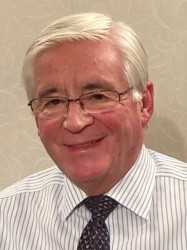BibTex format
@article{Maitland:2016:10.1039/c6fd00182c,
author = {Maitland, GC},
doi = {10.1039/c6fd00182c},
journal = {Faraday Discussions},
pages = {581--599},
title = {Carbon Capture and Storage: concluding remarks.},
url = {http://dx.doi.org/10.1039/c6fd00182c},
volume = {192},
year = {2016}
}

